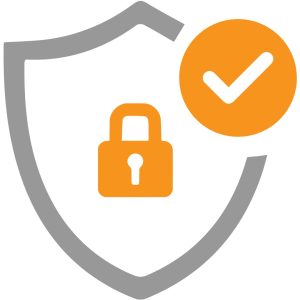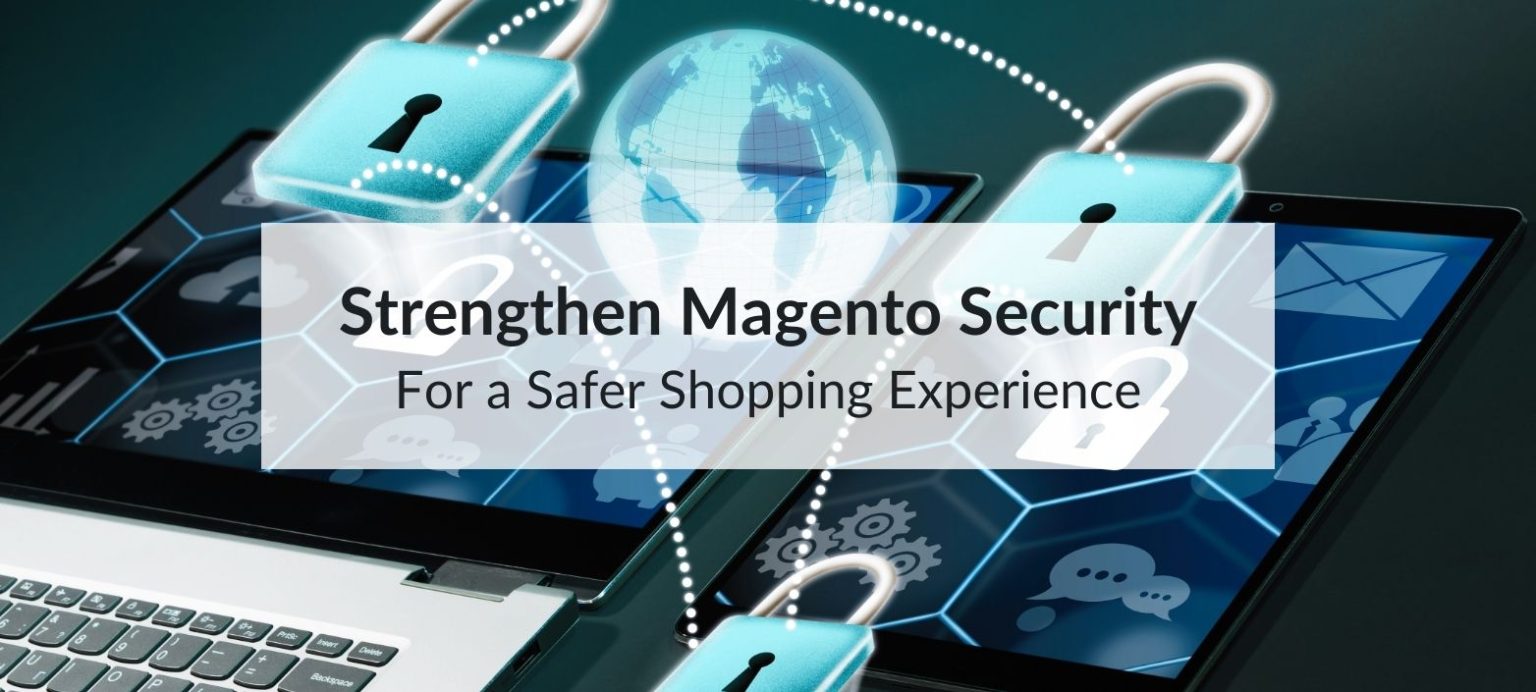Magento is one of the most powerful and flexible platforms for e-commerce, but with great power comes great responsibility—especially when it comes to security. If you’re running an online store, it’s crucial to safeguard your customers’ sensitive information and protect your business from cyber threats. This article will cover key strategies to help strengthen your Magento security and offer a safer shopping experience.
Why Magento Security Matters
Magento security is critical because online stores store and process sensitive information, including payment details and personal data. Without proper security measures, your site could be vulnerable to attacks that jeopardize your business, harm your reputation, and result in the loss of customer trust. Magento has numerous built-in security features, but it’s up to you to ensure they are configured and maintained properly.

1. Keep Your Magento Version Up to Date
Why You Need Regular Updates
Magento releases updates to address security vulnerabilities and enhance performance. These updates are often critical in preventing cyberattacks, so it’s important to stay on top of them. Ensure your Magento installation is running the latest version and implement updates promptly when they’re released.
The Risks of Using an Outdated Version
If you’re still using Magento 1, it’s time to upgrade to Magento 2. Support for Magento 1 has ended, which means no new security patches are being released for it. Running an outdated version leaves your site exposed to potential threats.
2. Use Strong, Unique Passwords
The Importance of Strong Passwords
A common way hackers access online stores is through weak passwords. Make sure your admin account passwords are complex, long, and unique. Avoid using common terms like “admin” or “password” in your login credentials.
Password Management Tips
To manage your passwords securely, consider using a password manager like LastPass or Dashlane. These tools can generate and store complex passwords, ensuring your login credentials are both safe and easy to access.
3. Enable Two-Factor Authentication (2FA)
How 2FA Works
Two-factor authentication (2FA) provides an additional security layer by requiring users to verify their identity through two methods: something they know (password) and something they have (a code sent to their phone or email). This greatly reduces the risk of unauthorized access.
Why You Should Use 2FA
Enabling 2FA for your Magento admin panel can significantly reduce the chances of your store being compromised. Even if someone manages to steal your password, they would still need the second factor to gain access.
4. Secure Your Store with SSL
What Is SSL and Why Is It Important?
SSL (Secure Sockets Layer) encrypts the data transferred between your website and the customer’s browser, ensuring sensitive information like credit card details remains secure. If you haven’t already, you should get an SSL certificate for your Magento store and switch your site from HTTP to HTTPS. This is especially important for building trust with your customers.
Benefits of SSL for Magento Stores
SSL encryption protects both customer and business data, giving your customers confidence that their information is safe. Additionally, Google favors HTTPS sites, which can improve your store’s SEO ranking.
5. Implement Web Application Firewalls (WAF)
How a WAF Enhances Security
A Web Application Firewall (WAF) filters out malicious traffic and protects your site from common attacks such as SQL injection and cross-site scripting (XSS). These attacks exploit vulnerabilities in your store’s code to steal data or inject malicious code.
Best Practices for Using WAFs
By setting up a WAF, you add a robust line of defense to block any unauthorized access attempts. Many Magento security extensions include WAF functionality, which can be easily integrated with your store.
6. Conduct Regular Security Scans
Benefits of Regular Scans
Running regular security scans helps detect any vulnerabilities in your Magento store, such as outdated patches or potential threats. Magento offers built-in security scanning tools, and you can also use third-party tools to scan your site for malware and weaknesses.
Acting on Scan Results
If any issues are found, make sure to address them immediately. Regular scanning ensures your store is continuously monitored, reducing the risk of security breaches.
7. Disable Directory Indexing
How to Disable Directory Indexing
Directory indexing allows visitors to view the contents of a website directory if no index file is present. This can expose sensitive information about your server’s file structure. To disable directory indexing, add the following code to your .htaccess file: Options -Indexes.
Why It Matters
By disabling directory indexing, you make it harder for attackers to gain insights into the structure of your store, which can prevent them from exploiting vulnerabilities.
8. Regular Backups
The Importance of Backups
Even with the best security measures in place, things can go wrong. That’s why it’s crucial to regularly back up your Magento store. In the event of a breach or technical failure, having a backup allows you to restore your store to its previous state without losing important data.
How to Back Up Your Store
Use Magento’s built-in backup tool or third-party solutions to create full backups, including databases, files, and configurations. Store backups in a secure location separate from your server to prevent data loss.
Conclusion
Strengthening your Magento security isn’t a one-time task—it’s an ongoing process that requires regular attention. By keeping your software up to date, using strong passwords, enabling 2FA, and implementing SSL and firewalls, you can significantly reduce the risk of a security breach. Regular security scans and backups, along with thoughtful steps like disabling directory indexing, will keep your Magento store running safely and securely. A secure shopping experience not only protects your business but also builds customer trust.

